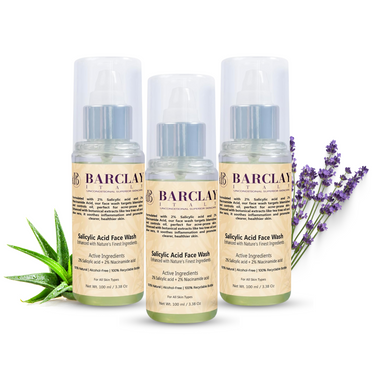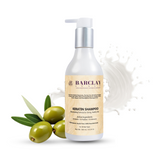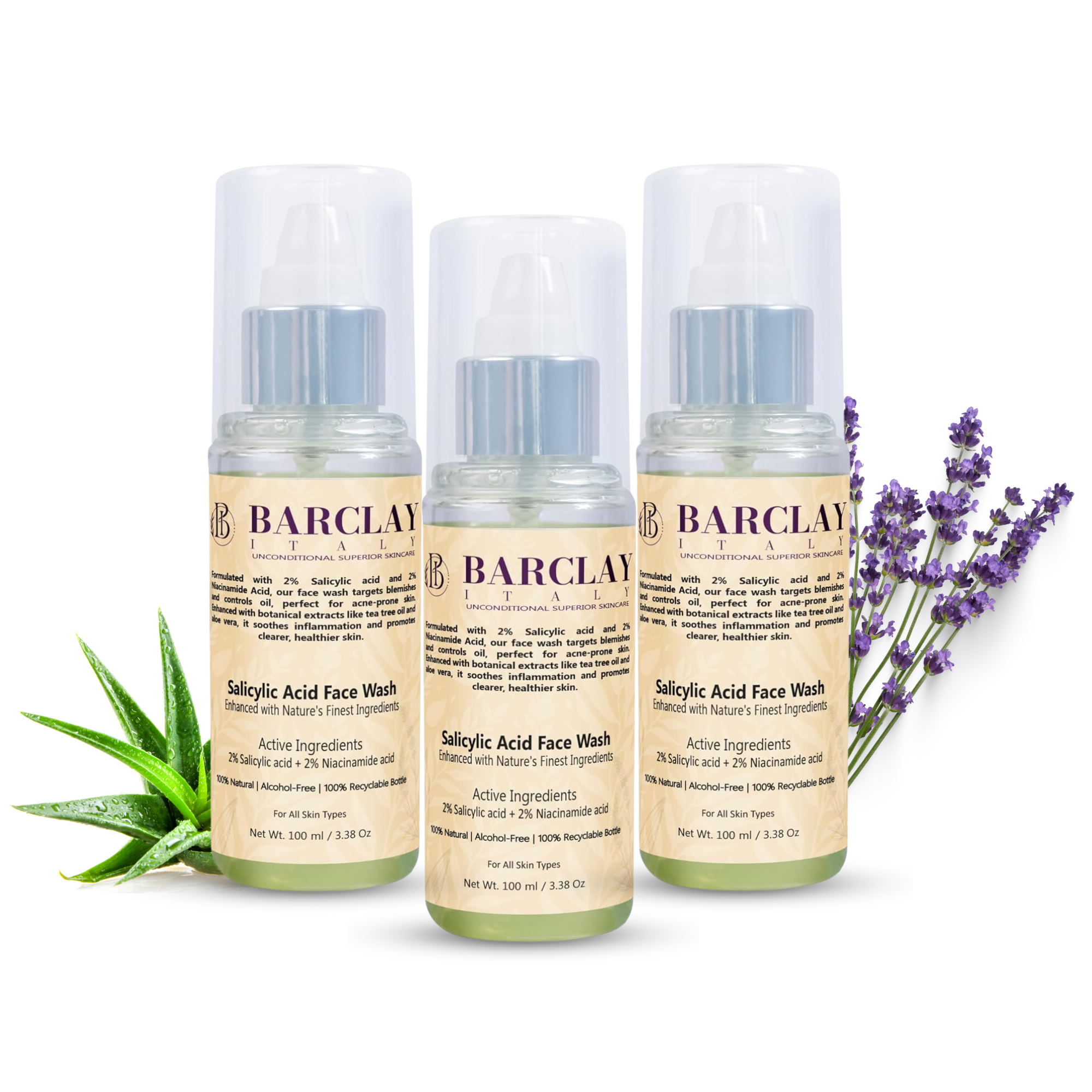10 Best Skincare Routines for Acne-Prone Skin
If you’re constantly at war with breakouts, blackheads, or oily patches, bestie—you’re not alone. Acne-prone skin can be tough to manage, but with the right skincare routine, it doesn’t have to be a daily battle. Let’s dive into the 10 best skincare routines for acne-prone skin that actually work—and feel like a mini spa session at home!
1. Double Cleansing Is a Game-Changer
Start your routine with an oil-based cleanser to remove sunscreen and makeup. Follow it up with a water-based face wash—like a salicylic acid face wash. Salicylic acid is your best friend if you’ve got acne-prone skin. It gently unclogs pores and reduces inflammation.
Why it works: Oil-based cleansers break down excess sebum, sunscreen, and makeup. The second cleanse ensures your pores are fresh and clear.
2. Use a Gentle Exfoliator (But Not Every Day!)
Exfoliation helps remove dead skin cells that can clog pores, but overdoing it can irritate your skin. Go for chemical exfoliants like AHAs or BHAs 2-3 times a week.
Look for ingredients like glycolic acid (AHA) or salicylic acid (BHA). These acids exfoliate without scrubbing your skin raw.
3. Toner Time: Balance Is Key
A good toner (like a Chamomile Hyaluronic Toner) helps hydrate your skin while calming redness and inflammation. Toners rebalance your skin’s pH, especially after cleansing.
Chamomile soothes irritation, while hyaluronic acid keeps your skin hydrated and plump—without making it oily.
4. Serum That Works Overtime
A salicylic acid serum dives deep into your pores to keep acne away. It helps dissolve excess oil and kills acne-causing bacteria. Consistency is key here—apply it daily to see long-term results.
Pair it with soothing ingredients like niacinamide to prevent irritation.
5. Hydrate Without Clogging Pores
Even oily skin needs moisture! Choose a lightweight, non-comedogenic moisturizer. A Strobe Gel with Moisturizer works beautifully to hydrate and give your skin that glow, minus the grease.
Why it’s important: When your skin is dry, it produces more oil to compensate—leading to more breakouts. Moisturizing helps control that.
6. Never Skip Sunscreen
Yes, sunscreen is a must—even if you have acne-prone skin. Go for a broad-spectrum SPF 60++++ sunscreen that doesn’t clog pores. Sun exposure can worsen acne scars and trigger inflammation.
Look for mineral sunscreens with zinc oxide or titanium dioxide—they’re gentle and effective.
7. Spot Treatment for the Win
Have a pimple emergency? Use a targeted spot treatment with ingredients like benzoyl peroxide or tea tree oil. Apply only to the affected area and avoid overusing, or it may dry out your skin.
Bonus tip: You can also use clay masks on your breakout areas once a week.
8. Avoid Touching Your Face
This one’s simple but effective. Keep your hands off your face to avoid transferring bacteria and oil that cause breakouts. Also, avoid popping pimples—it leads to scarring.
Pro tip: Tie your hair back if it tends to touch your face often. Hair oils and products can trigger breakouts too.
9. Clean Your Pillowcases & Phones Often
Your pillowcase collects oil and bacteria from your face and hair, so change it regularly—every 2-3 days if possible. And yep—wipe down your phone too!
Dirty fabrics and surfaces can contribute to recurring acne.
10. Stick to a Routine (and Be Patient!)
Consistency is everything. Your skin takes time to adjust, so don’t jump between products every week. Stick with your acne routine for at least 6-8 weeks.
Journal your skin progress weekly, and if you’re unsure what’s working—start with one new product at a time.
Final Thoughts: Heal Gently, Not Harshly
If you’re feeling overwhelmed, remember—skincare is self-care. It’s not about perfection, it’s about progress. Your skin deserves love, patience, and the right products. From a good cleanser to sunscreen, every step counts.
Need a skincare line that understands oily, sensitive, and acne-prone skin? Check out Barclay Italy’s range of 100% natural, alcohol-free, chemical-free skincare that’s made to heal, not harm. Your skin deserves better—and this is it.



















